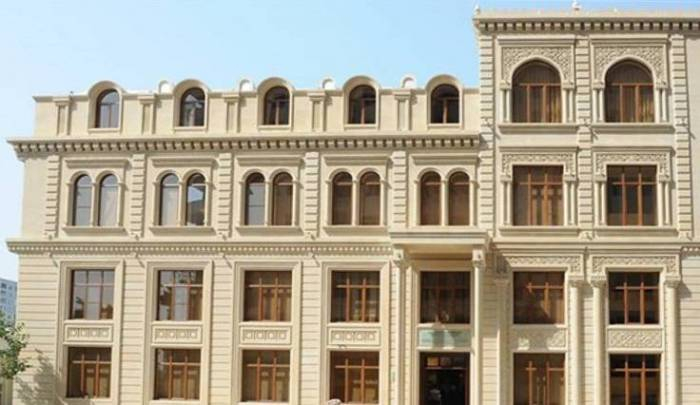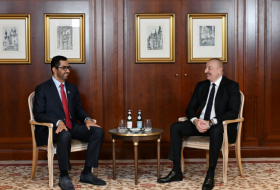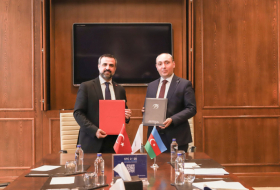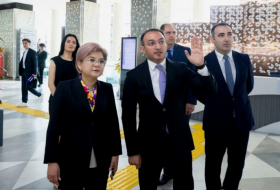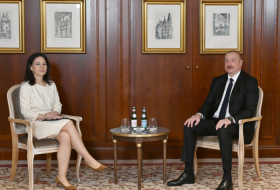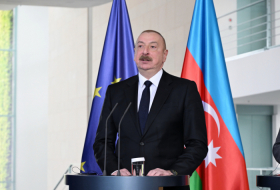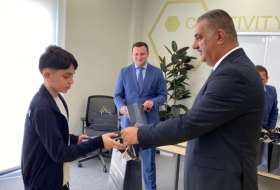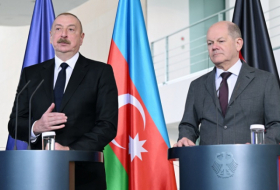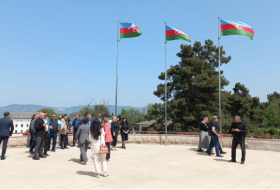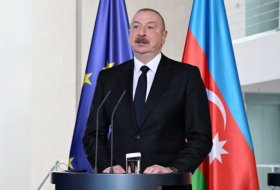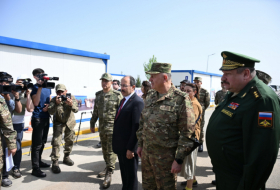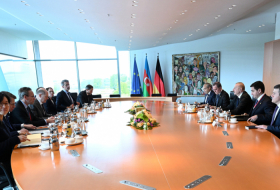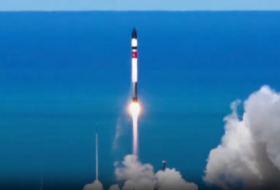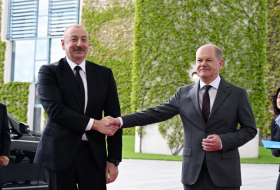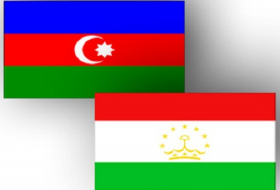“On July 12, 2020, the Armenian armed forces attacked in the direction of Tovuz district of Azerbaijan in order to occupy new territories. The attempt by Armenia reminded us of the occupation we were subjected to in the early 1990s and the tragic days when we were expelled from our ancestral lands. If at that time the Karabakh region and surrounding areas were the target of the occupation, now, inspired by the feeling of impunity, Armenia is trying to occupy other territories of Azerbaijan,” read the statement.
The community noted that the provocation once again proves that Armenia does no want a peaceful solution to the conflict and does not intend to allow Azerbaijanis to return to their ancestral lands. “These attempts by Armenia do not deter us from returning to our homeland and will not prevent the restoration of our violated rights.”
This provocation on the state border shows that Armenia wants to divert attention from the Karabakh conflict and the fact of occupation by creating a new source of conflict, said the community, adding. “However, Armenia will never be able to achieve this.”
“Socio-economic problems are escalating inside Armenia, the government is unable to cope with the COVID-19 pandemic, and therefore wants to divert attention by organizing such provocations.”
In order to end the tension in the region, the Armenian armed forces must be withdrawn from the occupied Karabakh region of Azerbaijan and all internally displaced Azerbaijanis must return back to their homes, the community concluded.
More about: Nagorno-Karabakh occupation agression provocation








